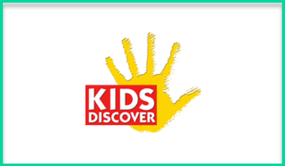
As shown in the video, Kids Discover Online has a collection of science and social studies articles that center around common elementary and middle school topics. But beyond that, they also offer great ways to organize and plan lessons using their content, to give students the opportunity to explore their articles, and to differentiate their material to a variety of reading levels.
The Kids Discover Online has also just released an excellent collection of cross-curricular professional learning resources that teachers can use as well.
Plus, it's easy for teachers to create lessons and units to send out to their students, and all students need is a class code to sign in and find their assignments.
When a teacher or student first logs in to Kids Discover Online, they'll be shown the main feed (seen above). This is where they can preview articles, or jump right in and start reading. This is also where you can filter your articles by a variety of types (i.e. infographics, topics, etc.) or content areas:
Before digging too far into the review, Kids Discover Online does offer a variety of pricing options. For the free plan, you get access to a wide collection of articles and topics, but you don't have the ability to create lesson plans or classes for your students.
That feature comes at the "Educator" level, which is $12 a month. If you're not quite ready to make the jump, there is also the "At-Home" option, which includes 3 reading levels for most articles and access to all online articles. Finally, there's the "School" option, which includes 10 educator accounts and 6 "Classrooms" per teacher (which we'll get to in a moment).
For those who do have an educator account, you'll have access to their lesson planning features, which allow you to use the "Classroom" and the "Desk." Think of the "Classroom" as a space to pull articles together into units, which you can then assign to your students, and the "Desk" as more of a personal space where you can plan out units in advance without students necessarily needing access.
In addition to offering 3 different reading levels for the majority of their content (which is an awesome feature) my favorite thing about Kids Discover Online is their "Discover Map" option. When you visit this section of the site it will take you to a visual representation of all their different topics. It's an excellent way to help students begin to see how ideas are connected across subject areas, time-periods, and topics.
I really love this idea for inquiry activities, and for just helping students see that topics are not limited to a single standard or subject. This video will explain it better than text can:
Kids Discover Online has also just launched their new assessments feature which is available for any teacher, school, or classroom with a paid account. Teachers can use this feature to add built-in or custom assessments to their already existing readings and assignments.
Each reading assignment in Kids Discover Online comes with 3-5 pre-built questions, and you can add in as many custom questions as you would like to.
Questions can be true/false, multiple choice, short answer, or discussion. Multiple choice questions will automatically be shuffled to help prevent any prying eyes, and you can deliver these assessments online (if every student has access to an account) or print them out to taken by hand as well.
You also have the option of locking the content when you give out an assignment, in case you want this to be a more formal assessment and you don't want your students to be able to access their reading content while they're taking the assessment.
You can also get detailed analytics on how your entire class is performing on any given assessment. This is a great way to track progress but also to see if your assessment needs any revisions or updates. One important note here, once an assessment has been sent out, it's locked (since students will presumably begin taking it). So if you do need to make any changes, you'll have to copy the assessment, make those changes, and the re-launch it.
In addition to being able to get analytics and add custom questions, you can also tweak point values, and add answer reasoning so your students can get an explanation of why a particular answer is correct.
Finally, you can also use the new Gradebook feature to get a big picture look at how your students are doing across all the assessments you've given throughout the year. This data can then be exported into a spreadsheet so that you can upload it into your gradebook software or LMS if needed.
Overall, Kids Discover Online is an excellent way to supplement your elementary and middle school social studies and science curriculum with engaging and interactive online content. In addition to offering three different reading levels to help teachers differentiate their instruction, the Discover Map is an excellent tool that allows students to explore connections across topics and subject areas.
If you're a teacher in this area, I would absolutely recommend checking out the free version to see if it's a good fit for your classroom!
The opinions expressed in this review are my own.
I was not compensated for writing this review.

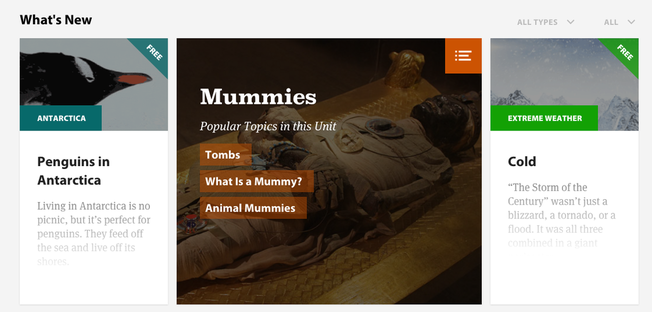
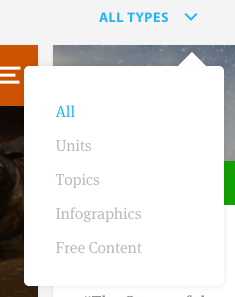
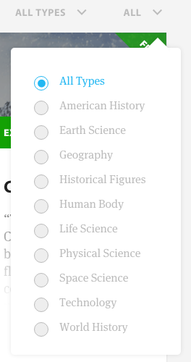
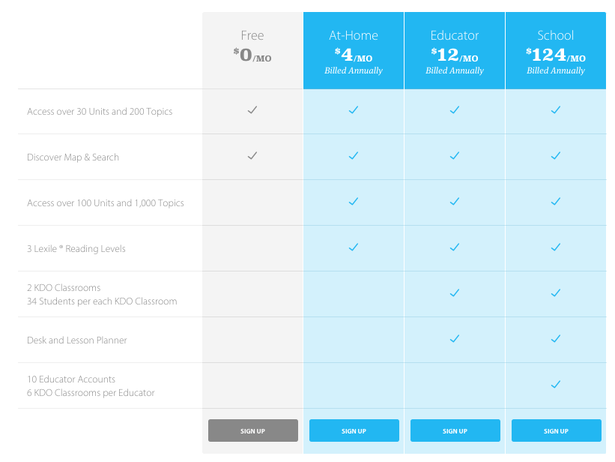
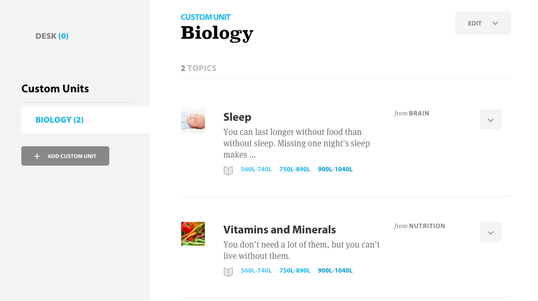
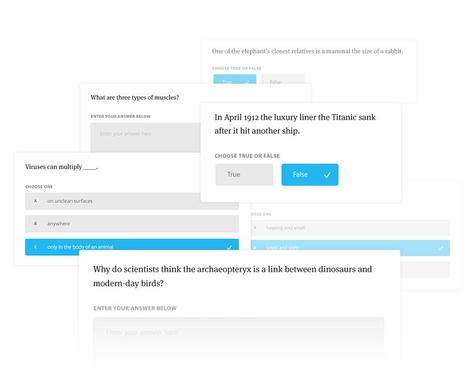
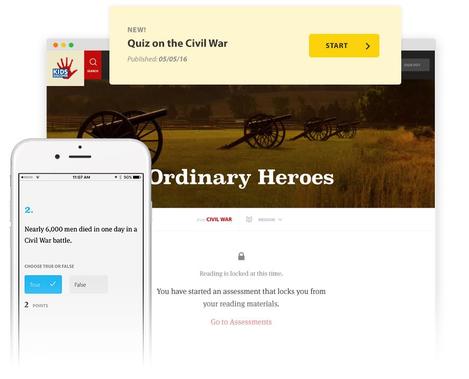
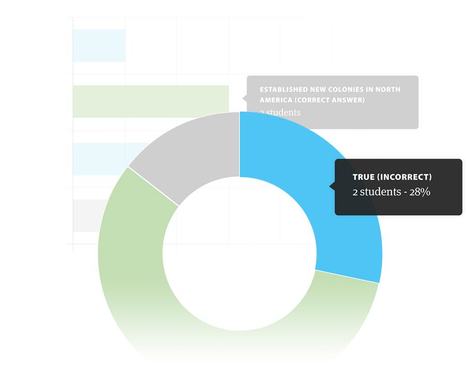
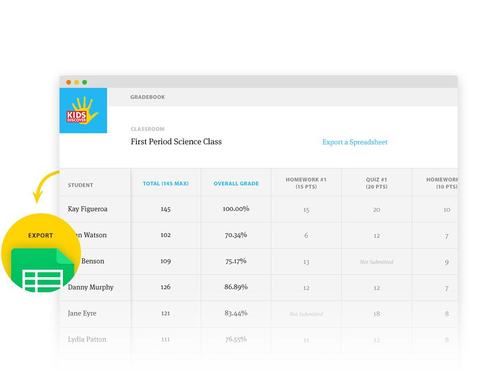



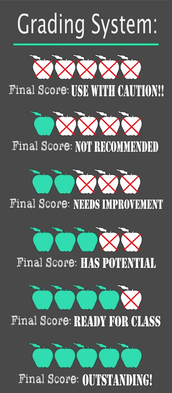



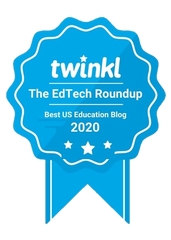
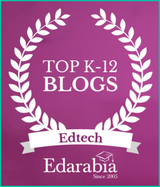
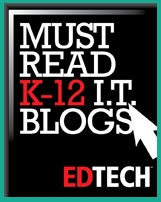



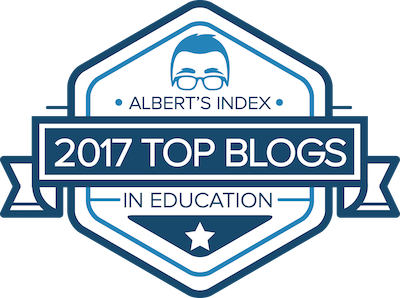
 RSS Feed
RSS Feed
